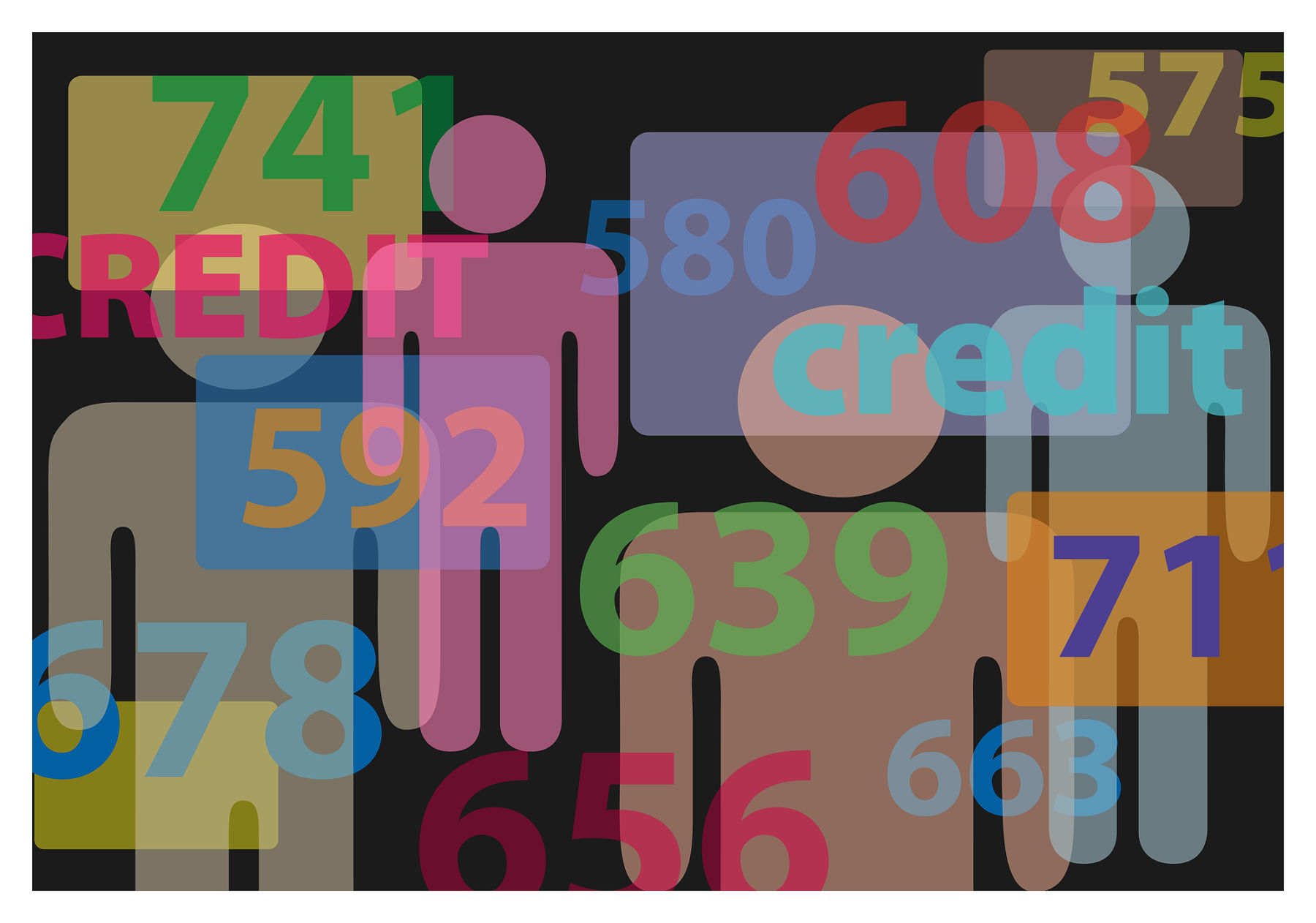Although the homebuying frenzy continues, millions of Americans whose employment was impacted by the pandemic are being left out.
Without a job, maintaining a decent credit score can be challenging. However, you will get back on your feet and there are ways to fix the damage so that you can buy that dream home.
Credit score basics
“The goal of a credit score is to provide a quantifiable prediction of the likelihood of default in the next 24 months,” according to Thomas Wade with the American Action Forum.
In other words, it determines a borrower’s creditworthiness.
The scale of credit scores ranges from 300, the worst possible, to 850, “… considered the unicorn of the financial world: a perfect credit score,” according to Stefan Lembo Stolba at experian.com.
Only 1.2% of credit scores from FICO® have reached that magic number, so don’t feel bad if you aren’t among them.
Scores that fall below 850, are grouped as follows:
- 300-629 Poor
- 630-689 Fair
- 690-719 Good
- 720-850 Excellent
FICO, short for Fair Isaac Corporation is the data analyst that determines these scores. They do so by analyzing our credit reports from the “big three” credit reporting agencies, Experian, Equifax and TransUnion.
The most important thing to understand about your FICO score is that it’s fluid, moving up and down according to how you use credit.
Rule number one to raise your credit score
The easiest way to increase your FICO score is by avoiding late payments. Every month, pay your bills on time.
If you think this sounds too simple to be true, consider this:
“… someone with an average credit rating of 707 can raise their score by as much as 20 points by paying all their bills on time for one month,”
according to Jessica Seid, CNN/Money staff writer.
The credit card trap
There are tricks to using credit cards and loans when it comes to trying to repair your credit. These tricks are evident when we consider how the reporting agencies look at credit card use.
- Age of credit–Older credit, whether cards or loans, makes the potential borrower appear less risky. New credit can ding your FICO score by as much as 10 points.
- Balances– Maxed out credit cards can cause up to a 70 point reduction on your credit score. The agencies want to see available credit.
- Lack of accounts–If you have no credit card or loans, credit agencies will wonder why.
If you’ve been caught in the credit trap, start paying down your high balances first. Don’t close any credit cards.
No credit score?
A 2019 report from the Consumer Financial Protection Bureau (CFPB) showed that “22% of Americans Don’t Have a Credit Score,” according to Matt Frankel, CFP at fool.com.
Because they have no history of credit use, the credit reporting agencies consider these people credit risks.
If you are among this group, you’ll want to do the opposite of those with low scores. Get and use a credit card, ensuring that you pay the entire balance, on time, every month.
Tip: Obtain a secured credit card from a company that reports to the credit reporting agencies.
How to fix your credit score, step-by-step
- Obtain your reports from all three of the major credit reporting agencies. Americans are entitled to one free credit report from each, annually, from annualcreditreport.com. For additional information on the free credit reports, visit the Federal Trade Commission’s website.
- Comb through the reports looking for errors. Dispute any that you find. The FTC website shows you how.
- Vow to pay your bills when due.
- Reduce your credit card balances.
- Since older, seasoned credit is more attractive to credit agencies, don’t let old cards go stale. Use them, but remember to pay off the balance when due.
- Request an increase to your credit limits. Avoid the temptation to max out the additional credit, though.




